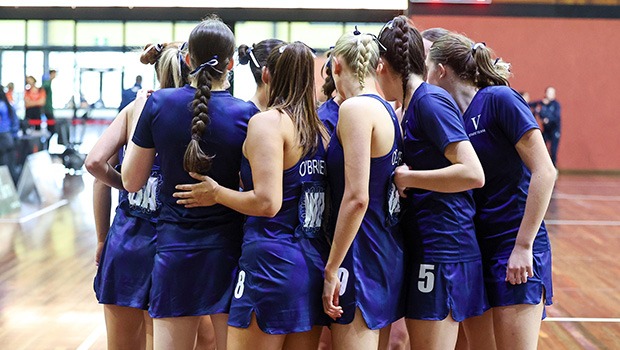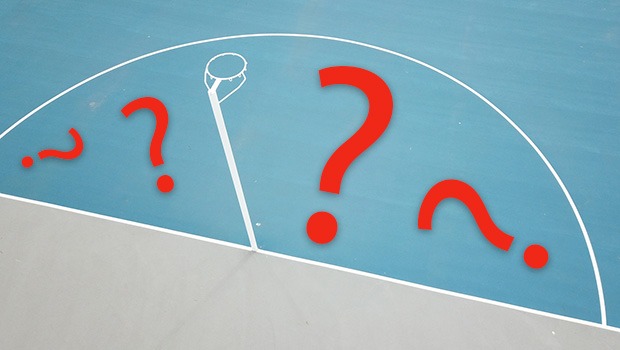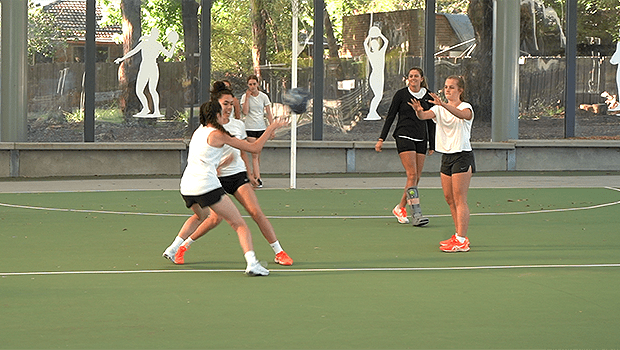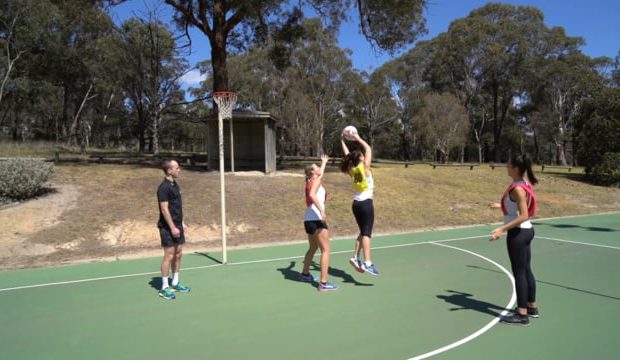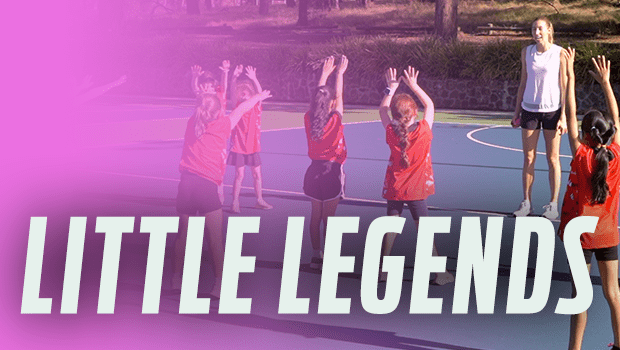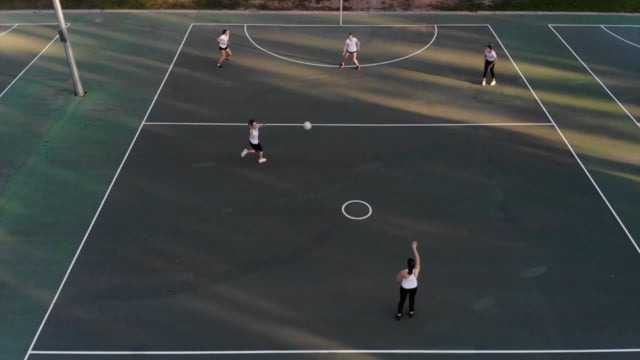
It was almost 20 minutes after training had ended, and I was still shooting.
The team had cooled down, wrapped up its end-of-training debrief, grabbed their bags and started heading for the carpark and there I was, putting up goals, doing a sprint to the centre circle if I missed, and then starting from scratch (again) at one of six cones where I had to make five shots in a row before moving onto the next.
I’ll admit hated it at the time (so did the midcourter who was partnered with me – sorry Katelyn!) and yet I made sure I finished, even if my legs were cooked, my brain fried and my arms ready to fall off.
Because walking away with the drill uncompleted would have been worse.
NEED COACHING DRILLS? Sign up to access 400+ videos with coaching instruction!
It’s something we see a lot when we watch teams train: a ball is thrown out of court or a goal missed, and the coach calls an end to the session because it’s almost time to go home. Or worse, the players end a drill on an error because they think no one is watching.
But what habits is that instilling in our players? Will that coach be just as pleased when it’s crunch time at the end of a quarter on game day and a similar ball is thrown away because the players have never had to tough it out under pressure or until a goal is scored?
Learning to have the discipline to ‘finish off’ – particularly under mental and physical fatigue – is a skill that becomes more and more important as players progress with their netball.
It’s why you’ll see higher level teams repeating a drill an extra five times after the coach has called “last one”, because players keep dropping a ball or throwing an errant pass.
It’s why the best goalers make sure that when they’re told to put up five shots after a drill or activity, they’ll only finish once they’ve had five successful shots, rather than walking away after three goals and two misses.
While players might not love the ‘extras’ at the time, there’s a lot to be said for the team camaraderie and mental boost that comes from pushing through something together and players walking away from training knowing they ticked every box and didn’t take any shortcuts.
And though you might not realise it, at some point that resolve will transfer itself to match day.
So the next time your team is ready to walk off the training court, ask yourself (and them) if they nailed that last defensive transition, 20 consecutive passes or shot under the post.
Let’s create some great habits out there.
